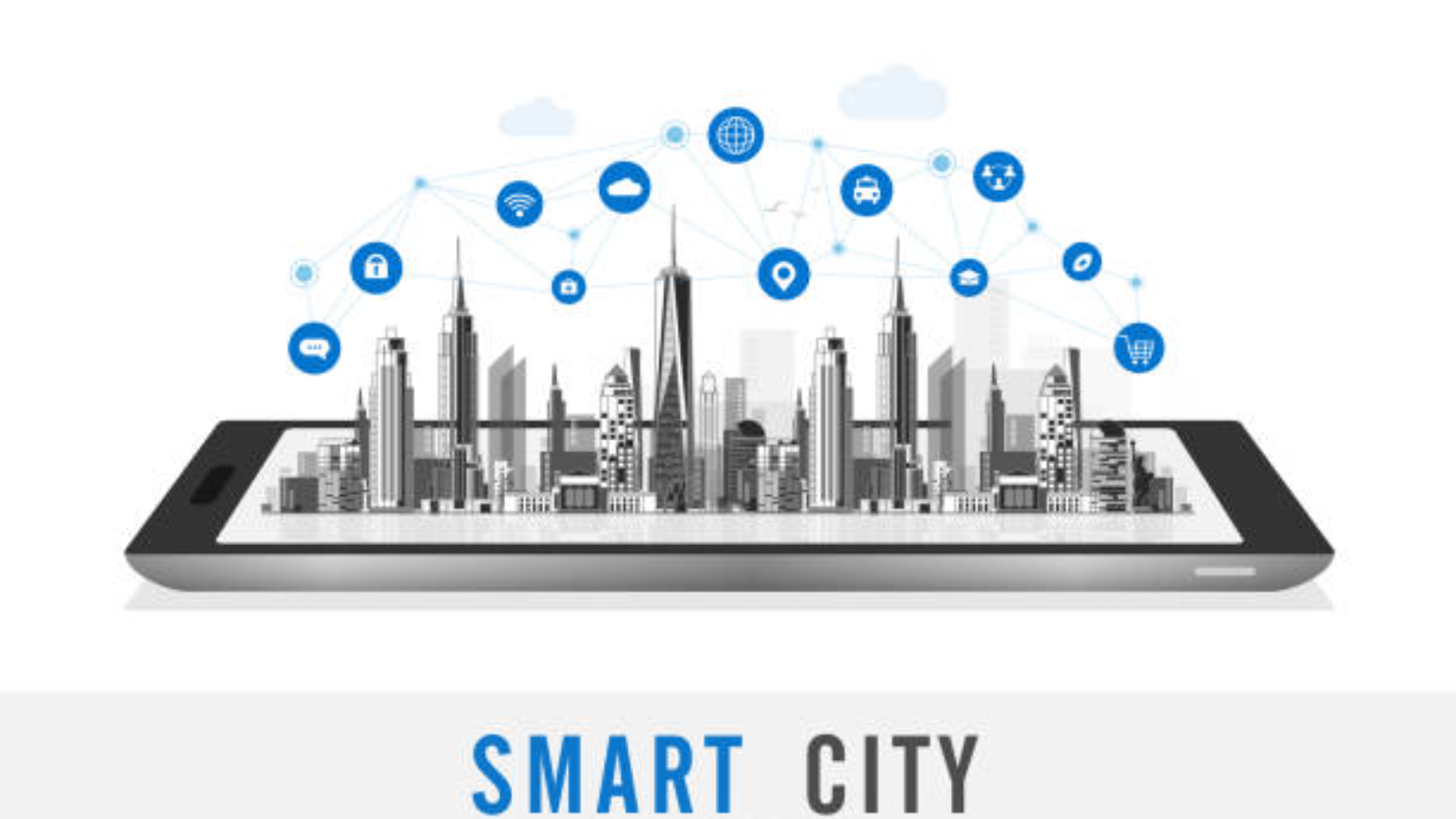In this Article
Introduction
As the global urban population continues to grow, cities face mounting challenges in managing resources, ensuring sustainable development, and enhancing the quality of life for their residents. The concept of Smart Cities offers a promising solution by leveraging technology and data to create more efficient, livable, and sustainable urban environments.
This ultimate guide aims to provide a comprehensive understanding of the Smart City Framework, breaking down its core components and highlighting its significance in modern urban planning.
What is a Smart City Framework?
A Smart City Framework serves as a strategic blueprint for integrating technology and data into the urban fabric. It encompasses various systems and services designed to improve the city’s operational efficiency, enhance public services, and promote sustainability. The framework is built on several key pillars, each contributing to the overall smart city ecosystem. Key pillars of the smart city platform include:
1. Infrastructure and Connectivity
- Smart Infrastructure: The foundation of any smart city is its infrastructure. This includes smart grids for energy, intelligent transportation systems, and advanced water management solutions. These systems rely on IoT (Internet of Things) devices to collect and analyze data in real-time, enabling more efficient management of resources.
- Connectivity: High-speed internet and robust communication networks are essential for a smart city. Connectivity allows for seamless data exchange between various systems and devices, facilitating real-time decision-making and service delivery.
2. Data and Analytics
- Data Collection: Smart cities generate vast amounts of data from various sources, including sensors, cameras, and social media platforms. This data is crucial for understanding urban dynamics and identifying areas that need improvement.
- Analytics and AI: Advanced analytics and artificial intelligence (AI) are used to process and interpret the collected data. These technologies help city planners make informed decisions, predict future trends, and optimize city operations.
3. Public Services and Citizen Engagement
- Enhanced Public Services: Smart cities aim to improve public services such as healthcare, education, and public safety. For example, telemedicine can provide remote healthcare services, while smart classrooms can offer personalized learning experiences.
- Citizen Engagement: Engaging citizens in the decision-making process is a cornerstone of a smart city. Mobile apps and online platforms allow residents to provide feedback, report issues, and participate in community planning.
4. Sustainability and Environment
- Energy Efficiency: Smart cities prioritize energy-efficient solutions, such as renewable energy sources and smart grids. These initiatives reduce carbon footprints and promote sustainable development.
- Environmental Monitoring: IoT devices can monitor air quality, water levels, and waste management systems. This data helps cities take proactive measures to protect the environment and ensure public health.
Benefits of Implementing a Smart City Framework
Implementing a Smart City Framework offers numerous benefits, including:
- Improved Quality of Life: Enhanced public services, efficient transportation, and better resource management contribute to a higher quality of life for residents.
- Economic Growth: Smart cities attract businesses and investors, driving economic growth and creating job opportunities.
- Sustainability: By optimizing resource use and reducing waste, smart cities promote environmental sustainability.
- Resilience: Smart cities are better equipped to handle emergencies and adapt to changing conditions, ensuring long-term resilience.
Challenges in Developing Smart Cities
Despite the numerous benefits, developing a smart city is not without challenges. Some of the key obstacles include:
- High Initial Costs: Implementing smart technologies requires significant upfront investment, which can be a barrier for many cities.
- Data Privacy and Security: Collecting and analyzing vast amounts of data raises concerns about privacy and security. Ensuring that data is protected and used ethically is crucial.
- Interoperability: Integrating various systems and technologies can be complex. Ensuring that different components of the smart city ecosystem work seamlessly together is essential.
- Digital Divide: Not all residents may have access to the technology needed to benefit from smart city initiatives. Addressing the digital divide is important to ensure inclusivity.
Conclusion
The Smart City Framework is a transformative approach to urban planning that leverages technology and data to create more efficient, livable, and sustainable cities. By focusing on key pillars such as infrastructure, data, public services, and sustainability, smart cities can improve the quality of life for residents, drive economic growth, and promote environmental sustainability. While there are challenges to overcome, the benefits of implementing a smart city framework far outweigh the obstacles. With the right solutions and partnerships, cities can successfully transition to smarter, more sustainable urban environments.
How Can We Help?
At AlphaX, we understand the challenges of developing smart cities. We offer solutions to help cities become smarter and more sustainable, from infrastructure development to data analysis. We prioritize data security and privacy, and we work to bridge the digital divide by providing accessible technology for all residents. Our team is dedicated to creating innovative solutions tailored to your city’s needs.
For more information on how AlphaX can help your city become smarter and more sustainable, visit our contact page.
References
Related Blog Posts
How Smart Cities Connect: Getting Started with Edge AI and IoT Technology
How to Get Started with Edge AI and IoT Technologies in Smart Cities: Overcoming Integration Challenges In recent years, the concept of smart cities has evolved from a futuristic Read More
5 Step Strategy: Ensuring Security and Privacy in 15-Minute Smart Cities
Introduction Ensuring security and privacy in 15-minute smart cities is a critical challenge as urban areas become increasingly connected through IoT and edge AI technologies. These cities aim to Read More
What is a smart city and the challenge of legacy systems
How to Get Started with Integrating Legacy Systems in Smart Cities Smart cities are transforming urban landscapes by leveraging technology to improve the quality of life for residents. However, Read More




